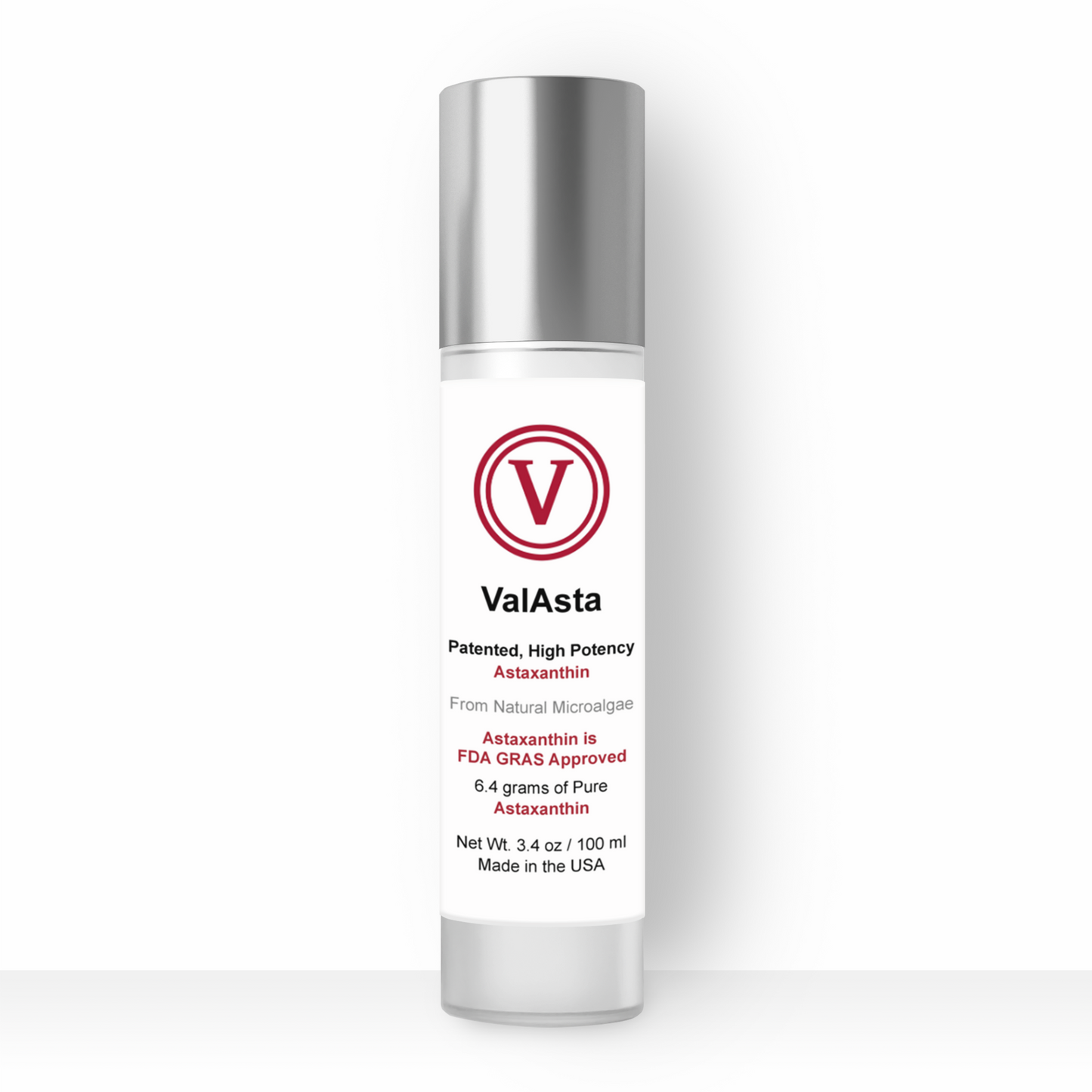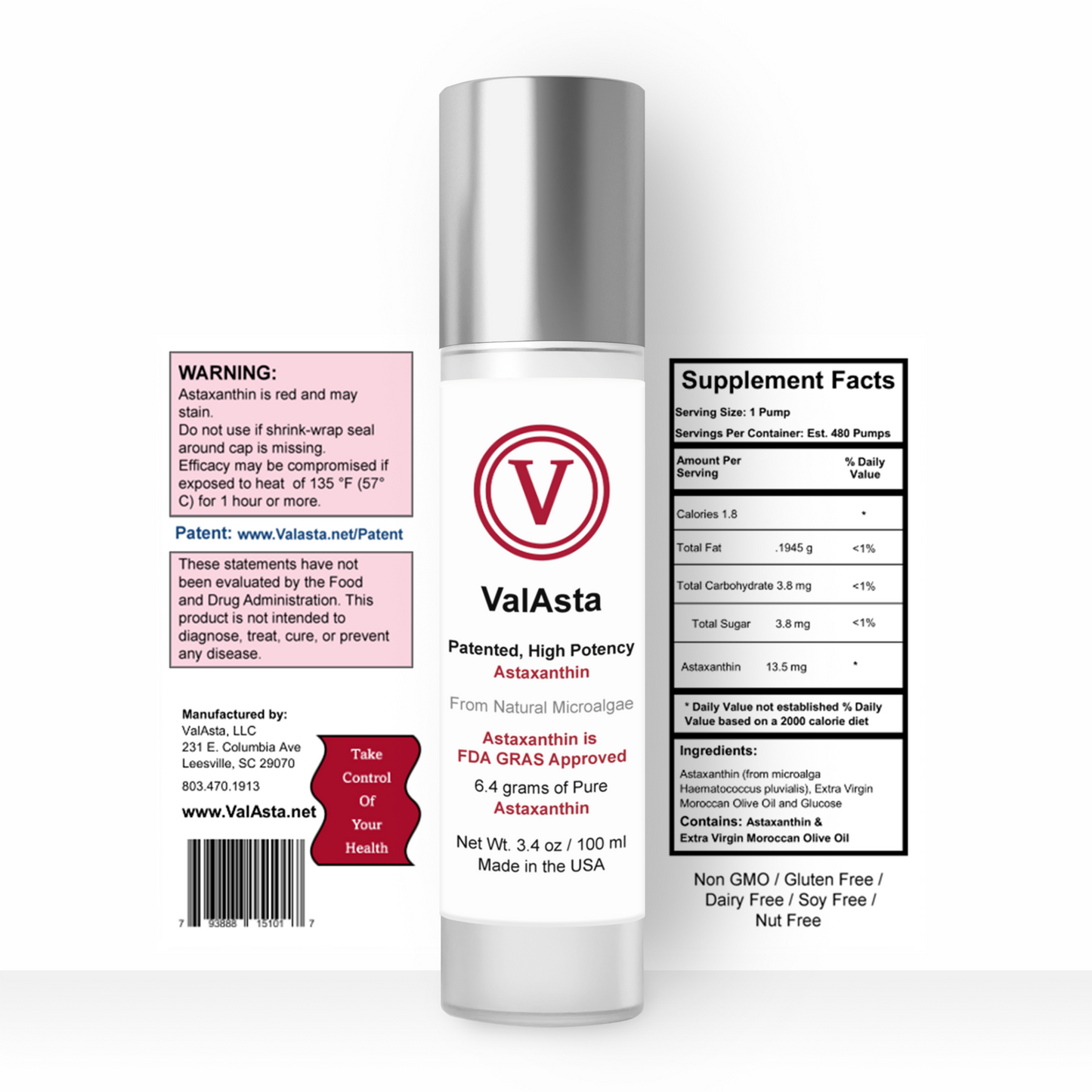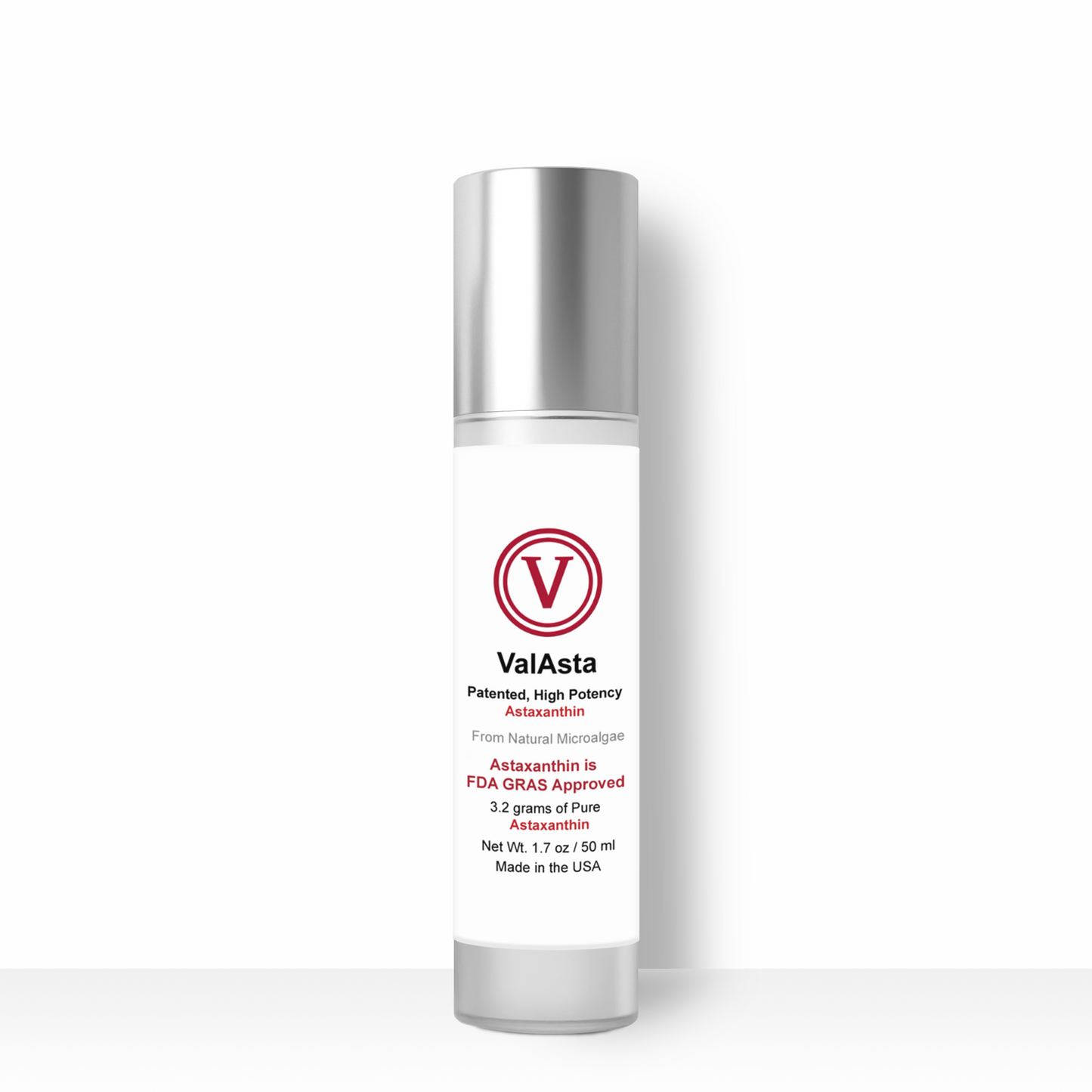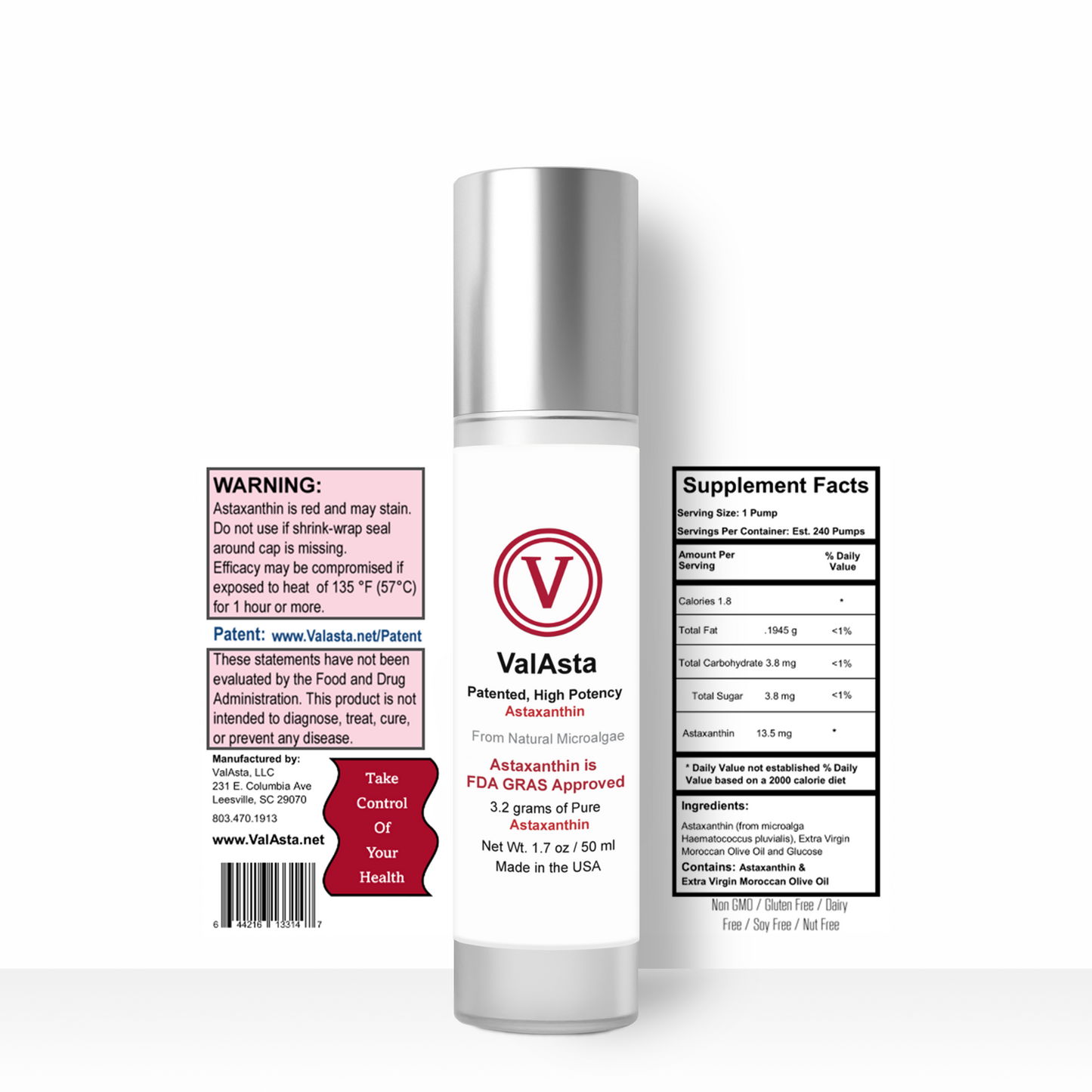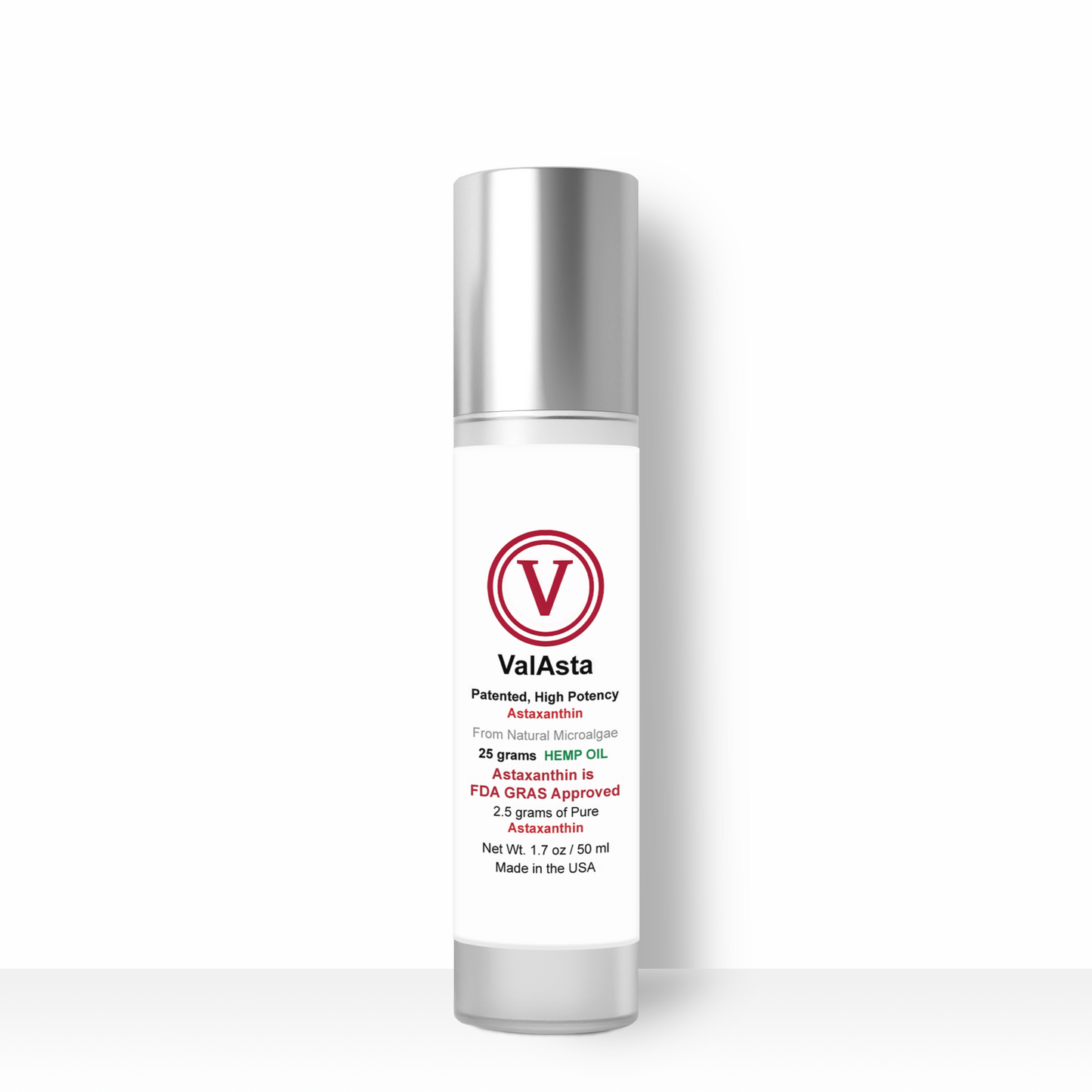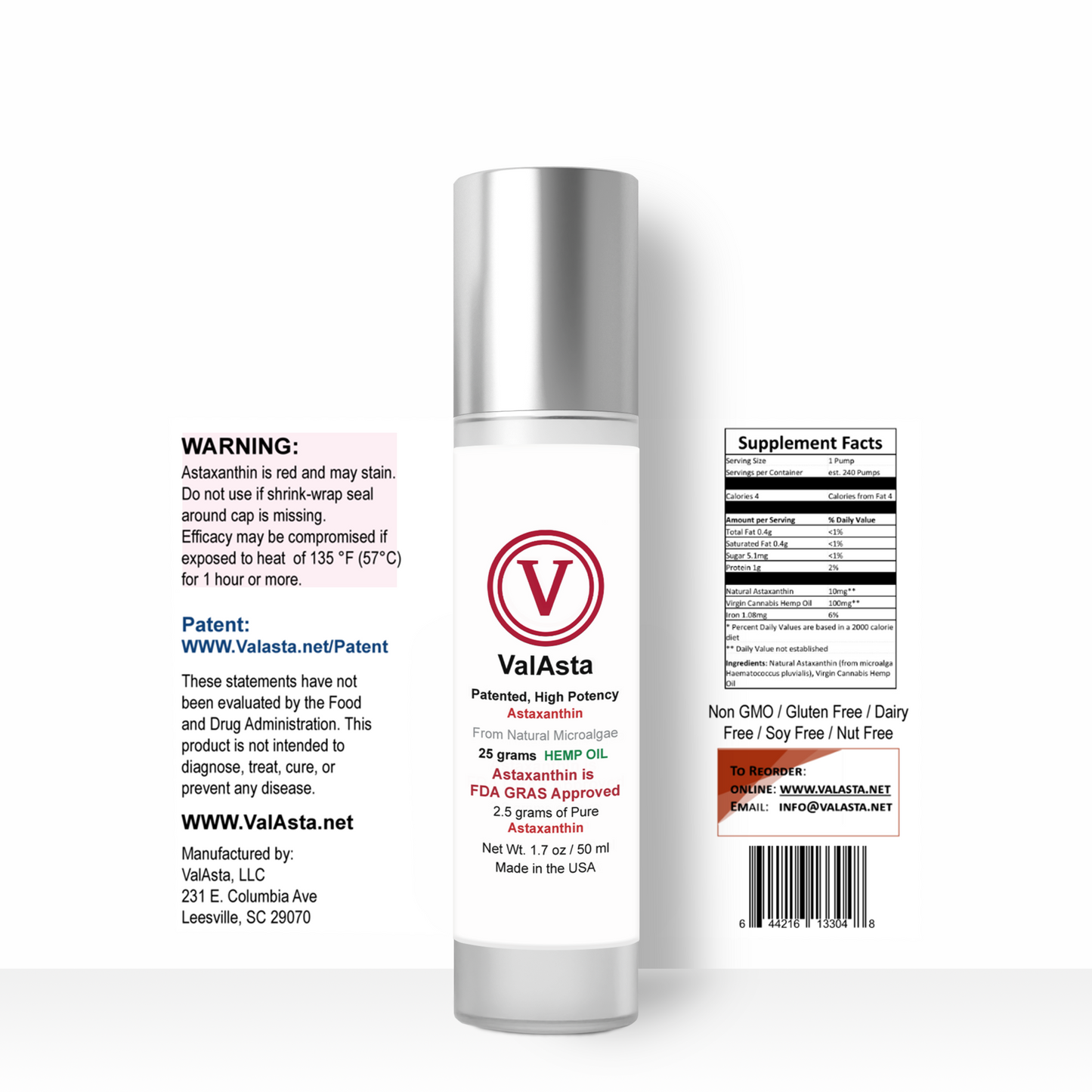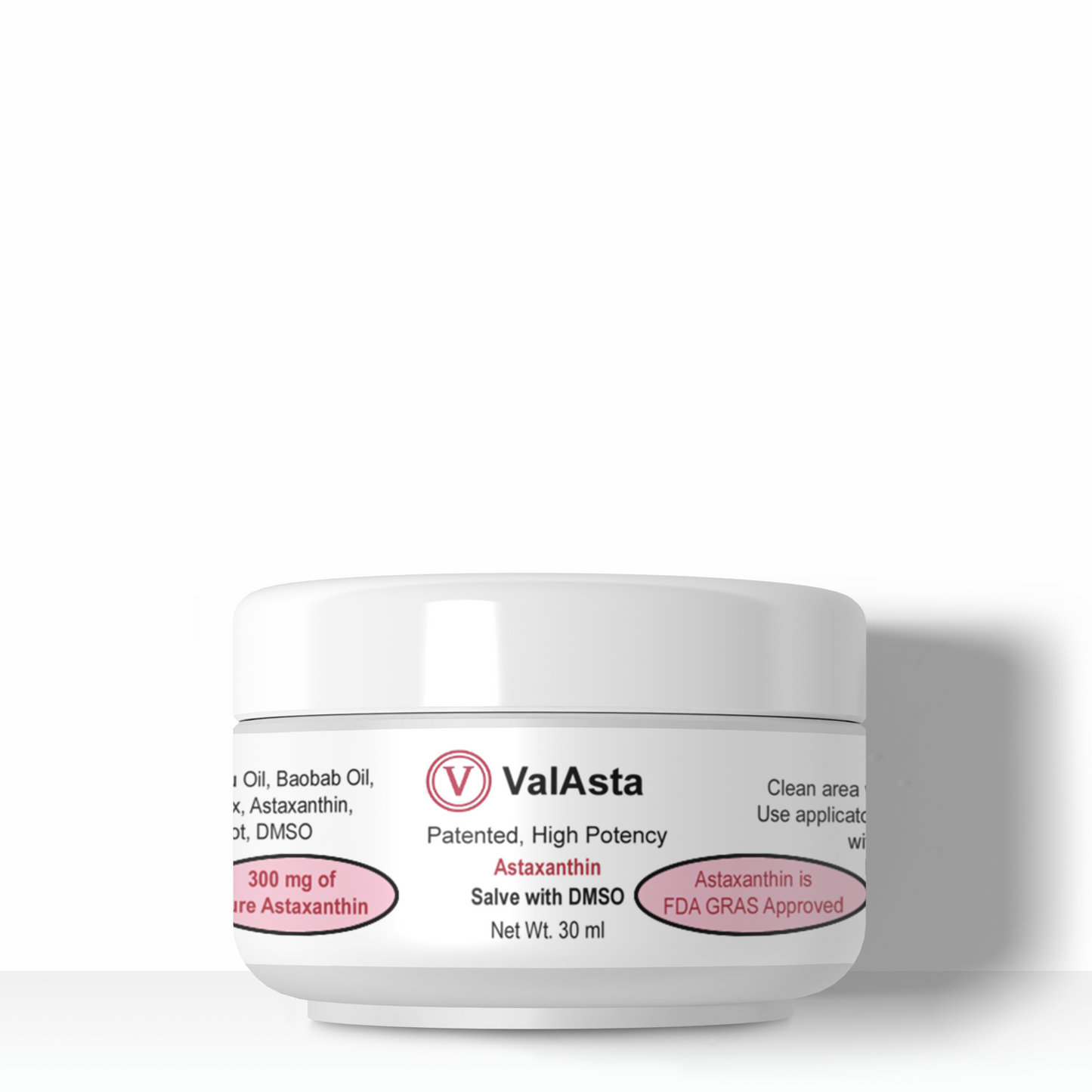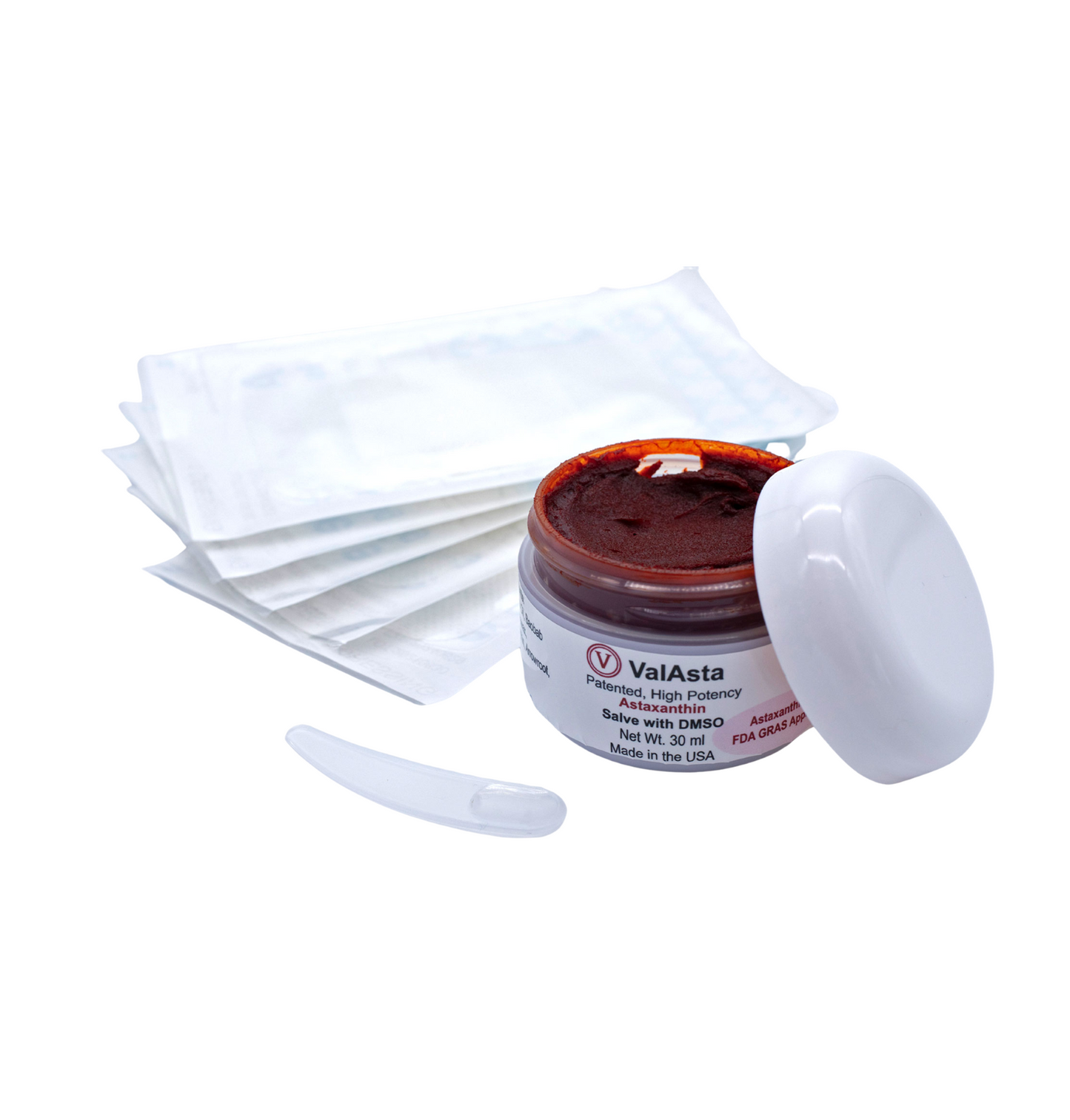Reactive Oxygen Species (ROS)


ValAsta: The Natural Solution for Inflammatory Diseases
Understanding Inflammation and Its Impact on Health
Inflammation is a natural and essential part of the body’s immune response. It’s a protective mechanism that helps the body heal from injury or infection. When you get a cut, a bruise, or when you encounter harmful bacteria or viruses, inflammation occurs as part of the body's defense system to fight off these threats. This acute inflammation is temporary and usually resolves once the injury or infection has been healed or eliminated.
However, when inflammation persists over time, it becomes chronic inflammation, and that’s where health problems can arise. Chronic inflammation occurs when the immune system remains activated even in the absence of infection or injury, continuously attacking healthy tissues and organs. This long-term, low-level inflammation can go unnoticed for years, causing silent damage at the cellular level.
Chronic inflammation is a key factor in the development and progression of a wide range of diseases. Some of the most common conditions linked to chronic inflammation include:
- Arthritis: Inflammatory diseases such as osteoarthritis and rheumatoid arthritis involve inflammation in the joints. This inflammation can cause pain, stiffness, and swelling, eventually leading to joint degradation and loss of mobility.
- Cardiovascular Conditions: Chronic inflammation in the arteries contributes to the formation of plaque, a process known as atherosclerosis. This plaque buildup narrows and hardens the arteries, increasing the risk of heart disease, heart attacks, and strokes.
- Autoimmune Disorders: In conditions like lupus, rheumatoid arthritis, and multiple sclerosis, the immune system mistakenly attacks the body’s own healthy cells and tissues. This leads to widespread inflammation, affecting various organs and systems.
- Inflammatory Bowel Disease (IBD): Crohn’s disease and ulcerative colitis are both conditions characterized by chronic inflammation in the digestive tract. This can cause symptoms like abdominal pain, diarrhea, and fatigue, and over time, may result in damage to the intestines and other digestive organs.
- Neurodegenerative Diseases: Conditions such as Alzheimer’s and Parkinson’s disease are associated with inflammation in the brain. Chronic inflammation damages brain cells, contributing to cognitive decline, memory loss, and motor dysfunction.
Over time, the ongoing damage from chronic inflammation can lead to tissue destruction, organ dysfunction, and an increased risk of severe conditions such as cancer. In fact, chronic inflammation is believed to play a role in over 90% of all non-infectious diseases and is responsible for a significant portion of deaths worldwide.
Recognizing and addressing chronic inflammation is essential for maintaining long-term health and preventing these debilitating conditions. Effective management of inflammation can help protect against the onset and progression of these diseases, supporting overall well-being and quality of life.
What is ROS (Reactive Oxygen Species)?
Reactive Oxygen Species (ROS) are highly reactive molecules that contain oxygen. They are byproducts of normal cellular processes, especially when the body uses oxygen to produce energy in the mitochondria. ROS can also be produced in response to environmental stressors such as UV radiation, pollution, and toxins.
While ROS are essential in small amounts for normal bodily functions, such as immune defense against pathogens and cellular signaling, excessive ROS can be harmful. When ROS accumulate beyond the body’s ability to neutralize them, they cause oxidative stress. This oxidative stress can damage cellular components like proteins, lipids, and DNA, leading to inflammation, aging, and the development of various diseases, including cancer, heart disease, neurodegenerative disorders, and autoimmune conditions.
In a healthy body, ROS are tightly regulated by antioxidants, which neutralize these harmful molecules to prevent damage. However, when antioxidants become insufficient or their production is impaired, ROS can go unchecked, contributing to chronic inflammation and disease progression.

What is Glutathione?
Glutathione is a small protein and one of the body’s most important antioxidants. It is made up of three amino acids: glutamine, cysteine, and glycine. Glutathione is found in nearly every cell of the body, with the highest concentrations found in the liver, which plays a central role in detoxification.
Glutathione helps to neutralize ROS, preventing oxidative damage to cells and tissues. It works by donating electrons to ROS, effectively neutralizing their reactivity and rendering them harmless. This action prevents the damaging effects of oxidative stress, which can otherwise lead to chronic inflammation and accelerate the aging process.
How ROS and Glutathione Work Together
ROS are produced naturally during the body’s metabolic processes, but when their levels become too high, they can cause oxidative stress, leading to cellular damage. Glutathione plays a key role in managing ROS levels. It acts as the body’s primary defense against oxidative stress by neutralizing excess ROS, helping to maintain a healthy balance between oxidative molecules and antioxidants.
When the body is under stress, whether from environmental factors, poor diet, or aging, glutathione levels can decrease. This reduction impairs the body’s ability to neutralize ROS effectively, leaving cells more vulnerable to oxidative damage. As glutathione levels decline—especially with age—this imbalance contributes to chronic inflammation and the development of many age-related and inflammatory diseases.
How ValAsta Works to Combat Inflammation
ValAsta is formulated with astaxanthin, a powerful antioxidant derived from Haematococcus pluvialis microalgae. Astaxanthin neutralizes ROS, reducing oxidative stress and inflammation, which are the root causes of many chronic diseases. By protecting cells from oxidative damage, ValAsta helps prevent the inflammatory response that leads to tissue damage and disease progression.
What Types of Inflammatory Diseases Can ValAsta Help With?
ValAsta can help manage a variety of inflammatory diseases by reducing chronic inflammation:
- Arthritis: Reduces joint pain, swelling, and stiffness, supporting better mobility.
- Cardiovascular Disease: Reduces arterial inflammation, supporting heart health and reducing the risk of heart attacks and stroke.
- Autoimmune Diseases: Helps modulate the immune system and reduce inflammation in autoimmune disorders.
- Inflammatory Bowel Disease: Reduces gut inflammation, easing symptoms of Crohn’s disease and ulcerative colitis.
- Neurodegenerative Diseases: Protects brain cells from oxidative damage, supporting cognitive health in conditions like Alzheimer’s and Parkinson’s.
- Skin Inflammation: Reduces inflammation in conditions like eczema and psoriasis, promoting clearer, healthier skin.
- Chronic Respiratory Conditions: Helps reduce lung inflammation, supporting better breathing in asthma and COPD.
Why Choose ValAsta?
- Powerful Antioxidant Protection: Astaxanthin is one of the strongest antioxidants, providing unparalleled protection against oxidative stress.
- Natural & Safe: ValAsta is formulated with all-natural ingredients, offering a safe solution for managing chronic inflammation.
- Clinically Proven: Scientific studies show that astaxanthin effectively reduces inflammation and helps manage chronic conditions.
Transform Your Health with ValAsta
If you're struggling with chronic inflammation or inflammatory diseases, ValAsta offers a natural, scientifically-backed solution to reduce inflammation, ease pain, and support overall health. Start your journey to better health today with ValAsta—your natural defense against inflammation.
ValAsta has helped with many other common inflammatory conditions:
Shop ValAsta
Is Astaxanthin Safe?
The safety of astaxanthin administered orally was assessed in a medical trial undertaken in healthy adults. Volunteers were administered astaxanthin or placebo for eight-weeks. The authors concluded that healthy adults could safely consume natural astaxanthin.
In another study, high concentrations of astaxanthin were tested with blood taken from volunteers, 8 of whom were taking aspirin and 12 who were not. Even medical grade concentrations of astaxanthin had no adverse effects.
No significant side effects have been reported so far in published human studies in which astaxanthin was administered to humans.
Are There Any Side Effects?
- Astaxanthin has been classified as a generally safe supplement in the USA.
- ValAsta is 100% natural and has no serious side effects.
- The only side effects we have observed are a slightly reddish stool and in rare cases some stomach discomfort.
Benefits of ValAsta
- The only Patented astaxanthin for treatment of diseases.
- The world’s strongest natural anti-inflammatory.
- The world’s strongest natural antioxidant.
- 6000 x stronger than vitamin C
- Used to reduce chronic inflammation.
- Used as an anti-ageing supplement.
- Used as a health & fitness supplement.
- Protects health at a cellular level.
- Neutralized free radicals or ROS.





















